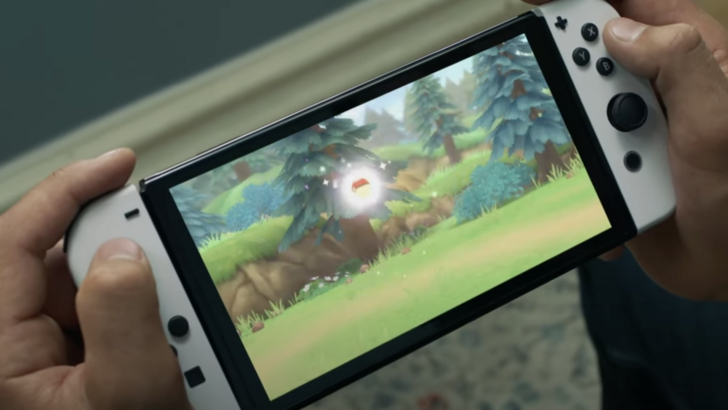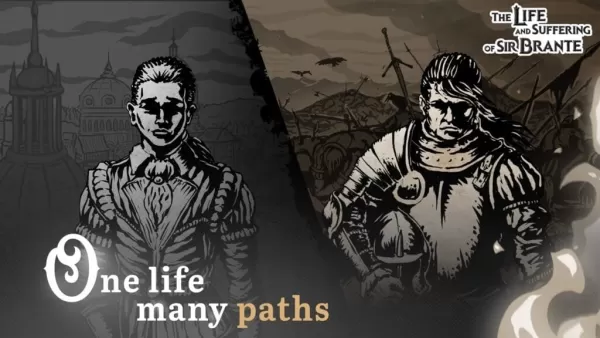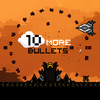Home > News > Hideo Kojima Has an Amazing Idea for a 'Forgetting Game' Where the Main Character Gradually Forgets Important Information and Abilities if You Take Too Long a Break From Playing
Hideo Kojima Has an Amazing Idea for a 'Forgetting Game' Where the Main Character Gradually Forgets Important Information and Abilities if You Take Too Long a Break From Playing
Hideo Kojima's Japanese radio podcast, KOJI10, offers fans a deep dive into the creative mind behind iconic games like Metal Gear Solid and Death Stranding. In the latest episode (Episode 17), Kojima delves into the fascinating concept of integrating real-world time into video game mechanics, providing insights into both implemented and unimplemented ideas. Notably, he discusses a scrapped concept from the much-anticipated Death Stranding 2: On The Beach.
Kojima is well-known for his innovative use of real-time mechanics, as demonstrated in 2004's Metal Gear Solid 3: Snake Eater for the PS2. In this game, the realism of surviving in the jungle is heightened by the spoilage of fresh food over real-life days. Consuming spoiled food can cause Snake to become violently ill, or players can creatively use it as a weapon by throwing it at enemy soldiers. Another example from the same game is the strategic use of the system clock during the battle with the elderly sniper, The End. If players wait a week in real time before resuming the game, they will find The End dead of old age, showcasing Kojima's unique approach to gameplay.
Death Stranding 2 Cast
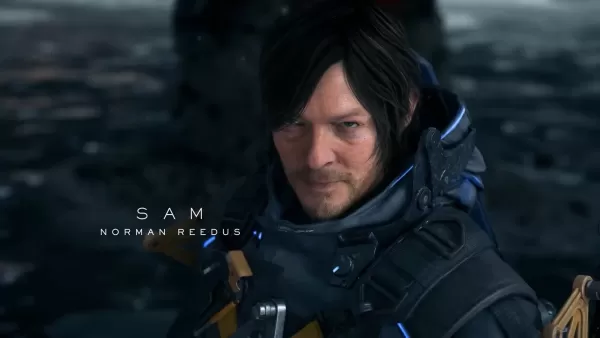
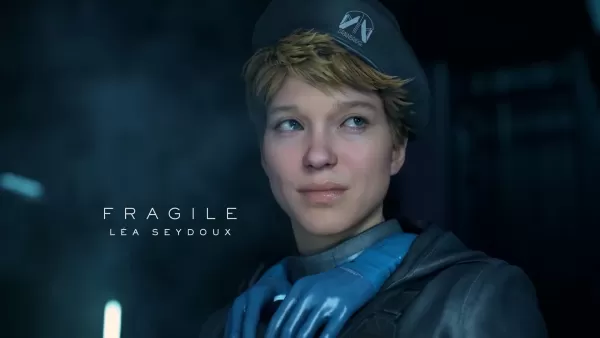 View 14 Images
View 14 Images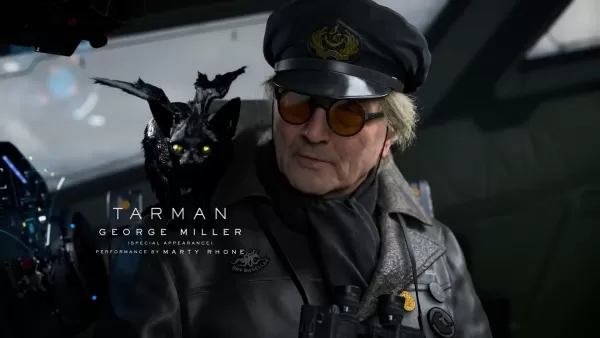
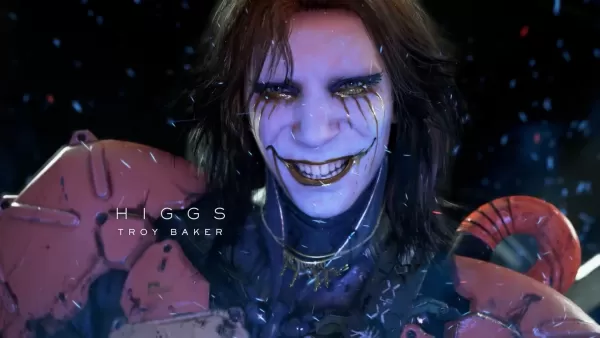
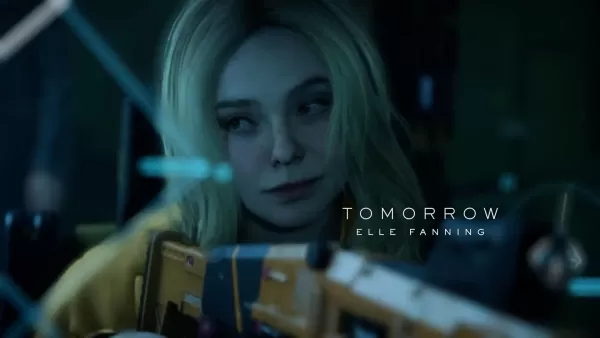
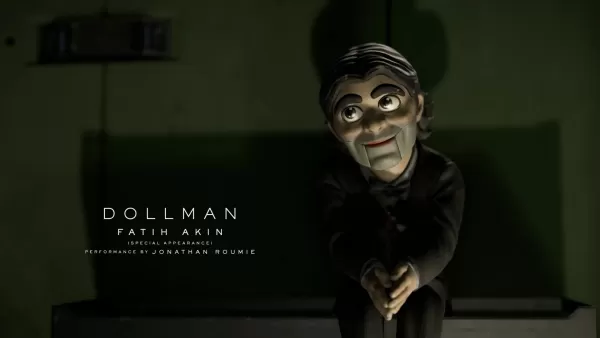
Kojima also shared a concept he considered for Death Stranding 2, where protagonist Sam's beard would grow over time, requiring players to shave it to keep him looking tidy. However, this idea was ultimately scrapped due to concerns about the appearance of actor Norman Reedus. Despite this, Kojima remains open to incorporating such mechanics in future projects.
During the podcast, Kojima introduced three new game concepts centered around real-time progression. The first is a life simulation game where players start as children and age over time, facing enemies at different life stages. As characters age, their physical abilities decline, but their knowledge and experience grow, affecting strategic gameplay. Despite Kojima's humorous remark that "no-one would buy it," the concept received positive feedback from his co-hosts.
Another concept involves a game where players cultivate items like wine or cheese, necessitating long-term engagement. This could function as a background or idle game, appealing to players who enjoy gradual development. In contrast, Kojima's third idea is a "forgetting game" where the protagonist loses important skills and memories if the player doesn't play regularly. This mechanic would pressure players to engage frequently, with the risk of the character becoming immobile due to memory loss if neglected too long.
As fans eagerly await the release of Death Stranding 2 on June 26, they can look forward to more innovative gameplay mechanics. For more details on the upcoming title, be sure to check out our interview with Kojima and our impressions after playing through the first 30 hours.
-
1
![Roblox Forsaken Characters Tier List [UPDATED] (2025)](https://imgs.ksjha.com/uploads/18/17380116246797f3e8a8a39.jpg)
Roblox Forsaken Characters Tier List [UPDATED] (2025)
Mar 17,2025
-
2
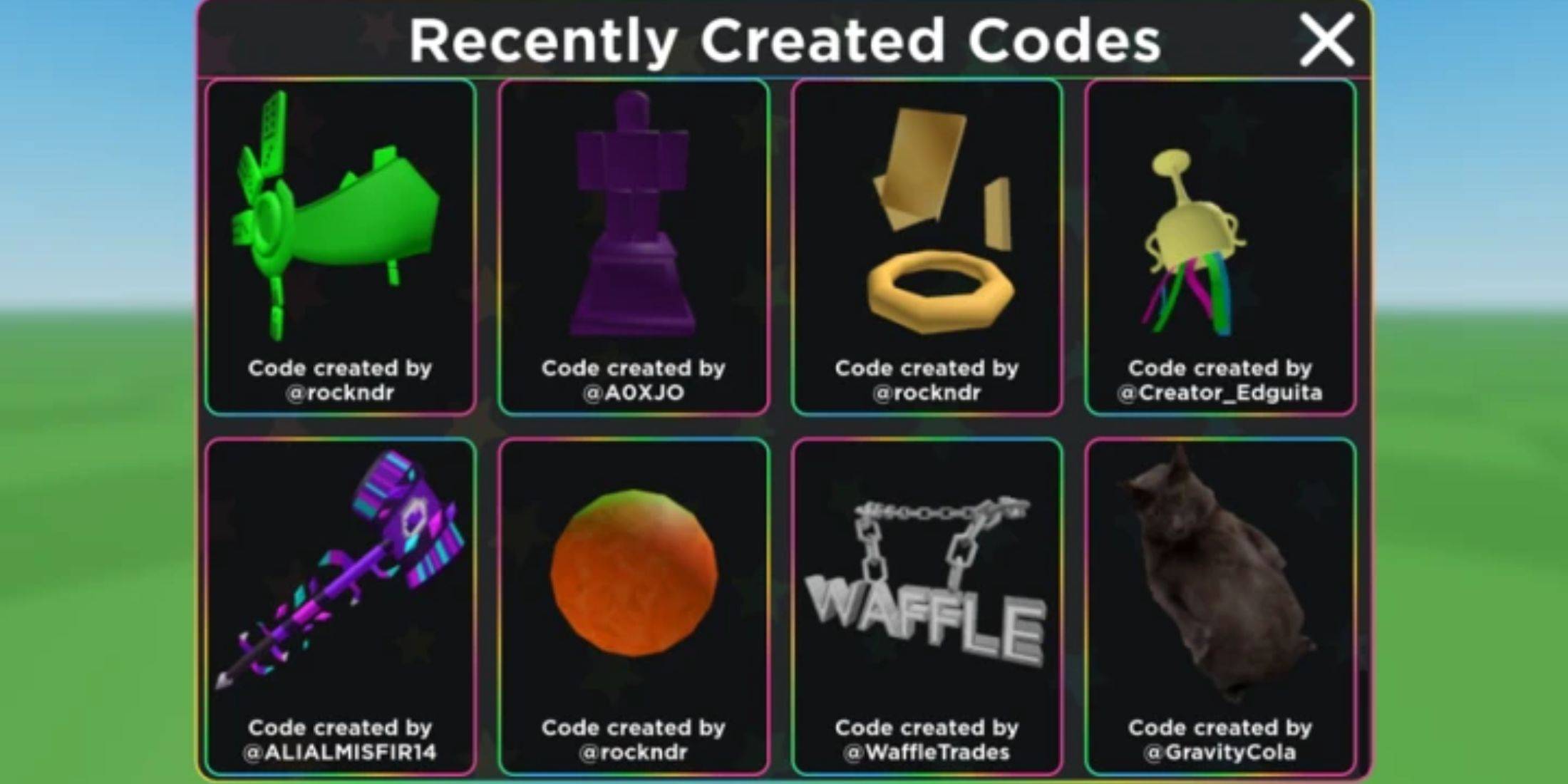
Roblox UGC Limited Codes Unveiled for January 2025
Jan 06,2025
-
3
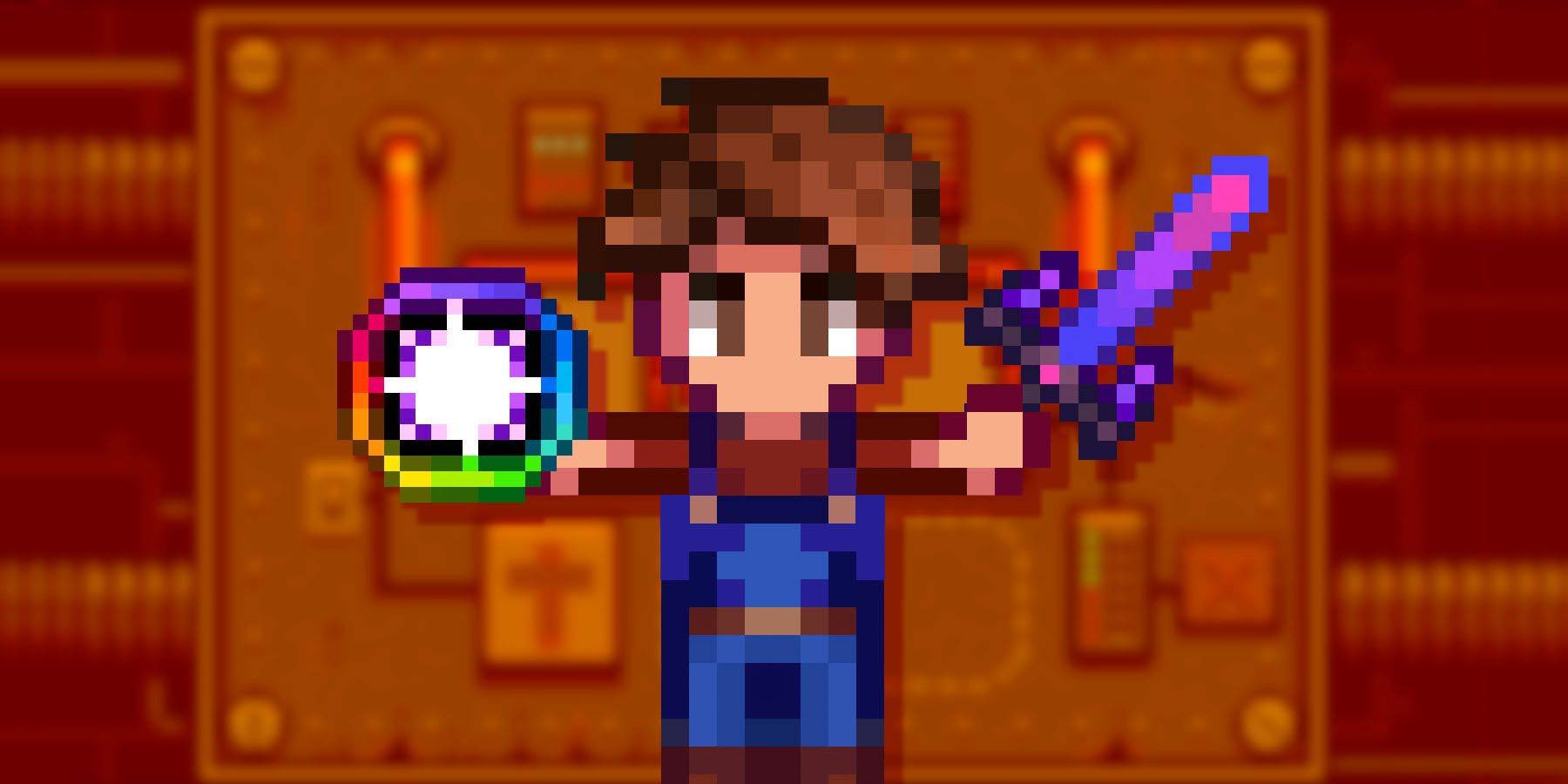
Stardew Valley: A Complete Guide To Enchantments & Weapon Forging
Jan 07,2025
-
4
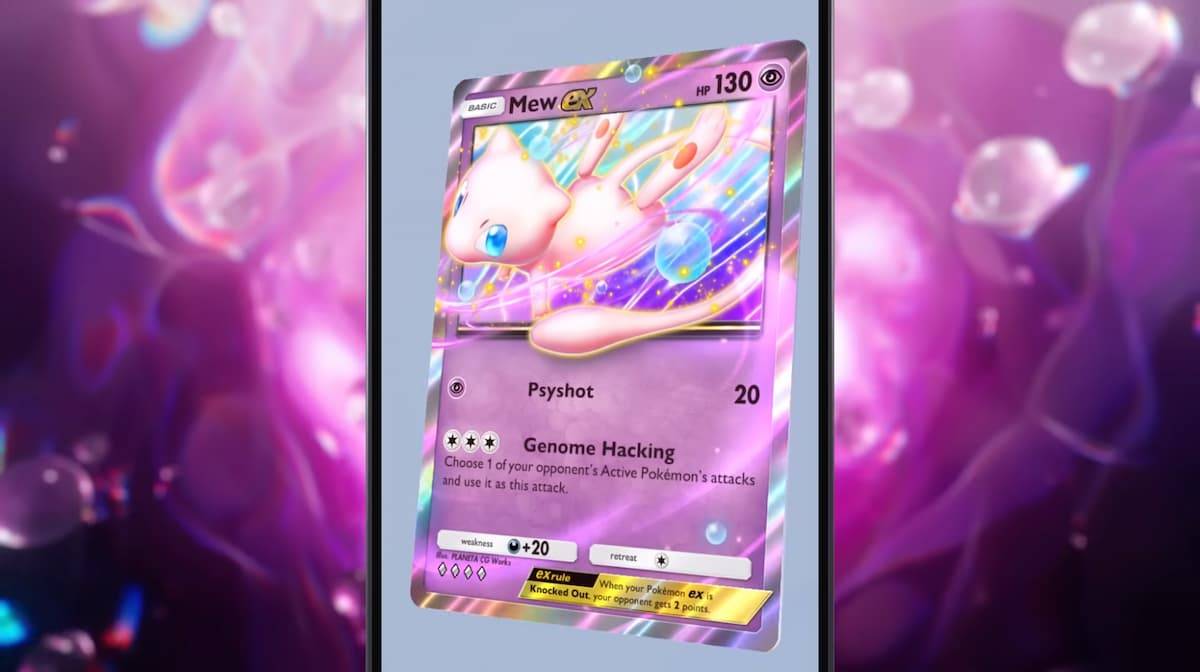
Pokémon TCG Pocket: Troubleshooting Error 102 Resolved
Jan 08,2025
-
5
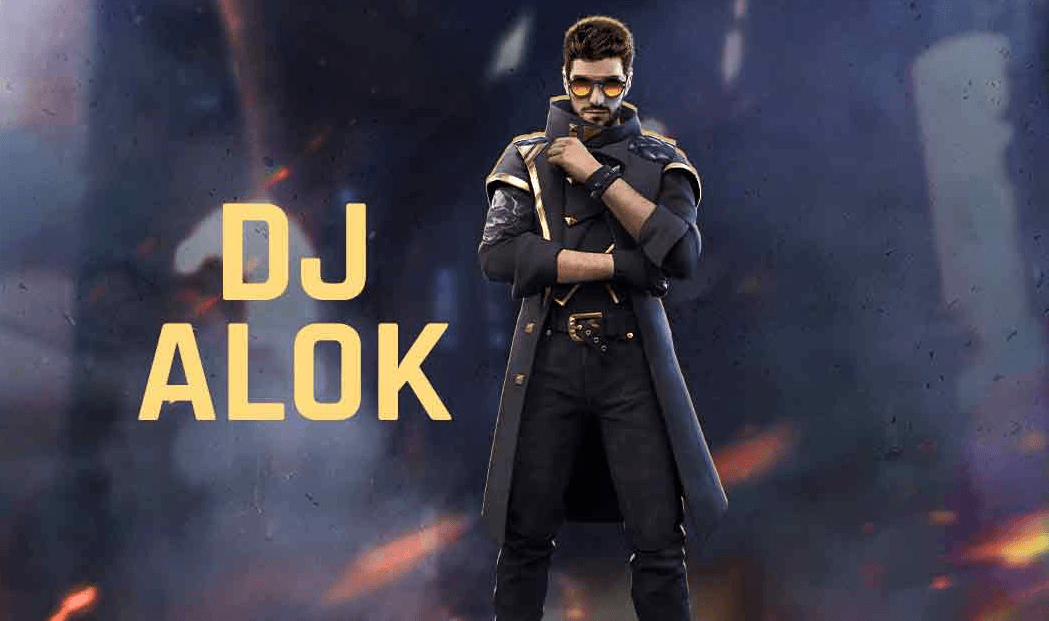
Free Fire Characters 2025: Ultimate Guide
Feb 20,2025
-
6
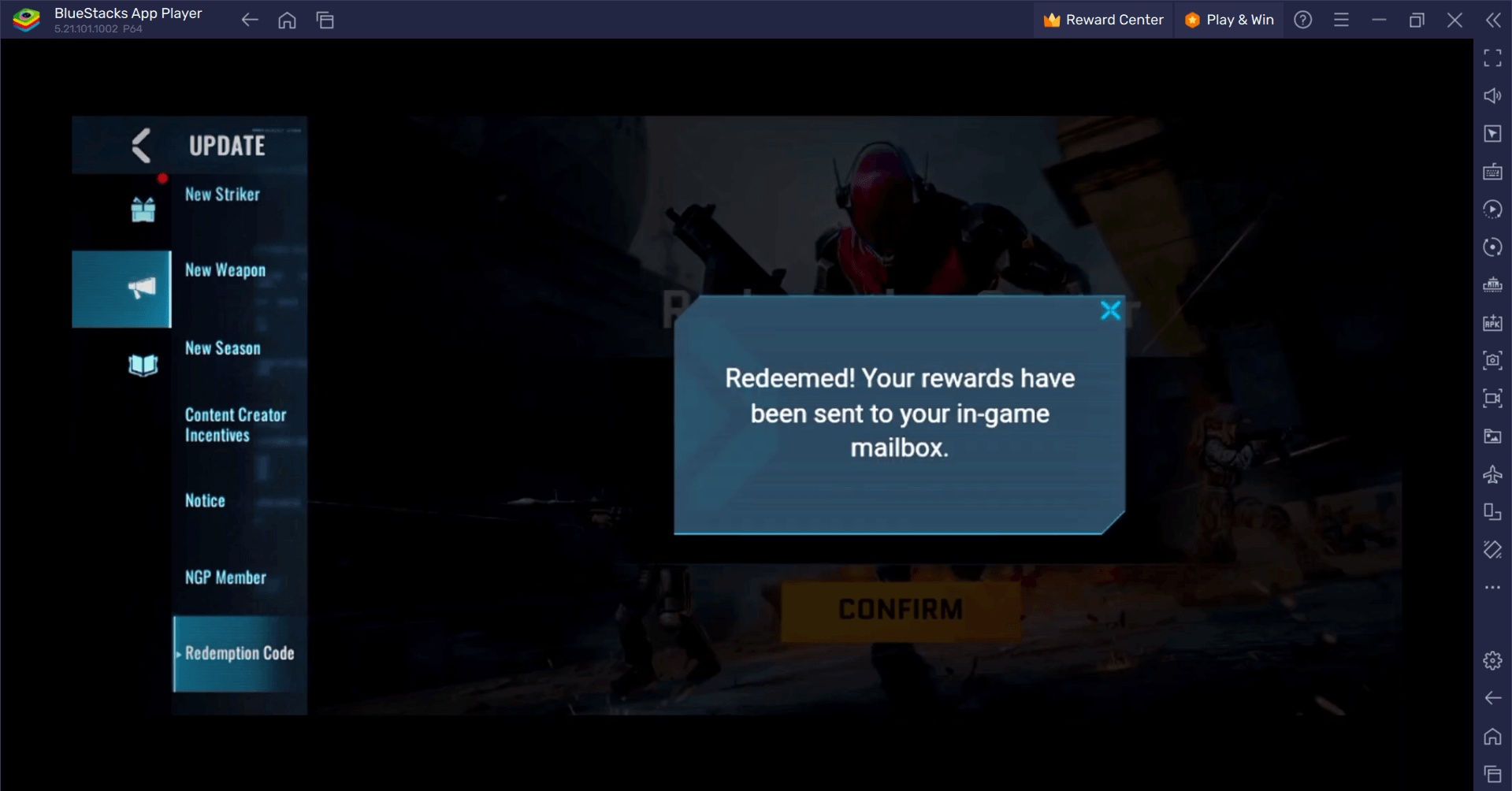
Blood Strike - All Working Redeem Codes January 2025
Jan 08,2025
-
7
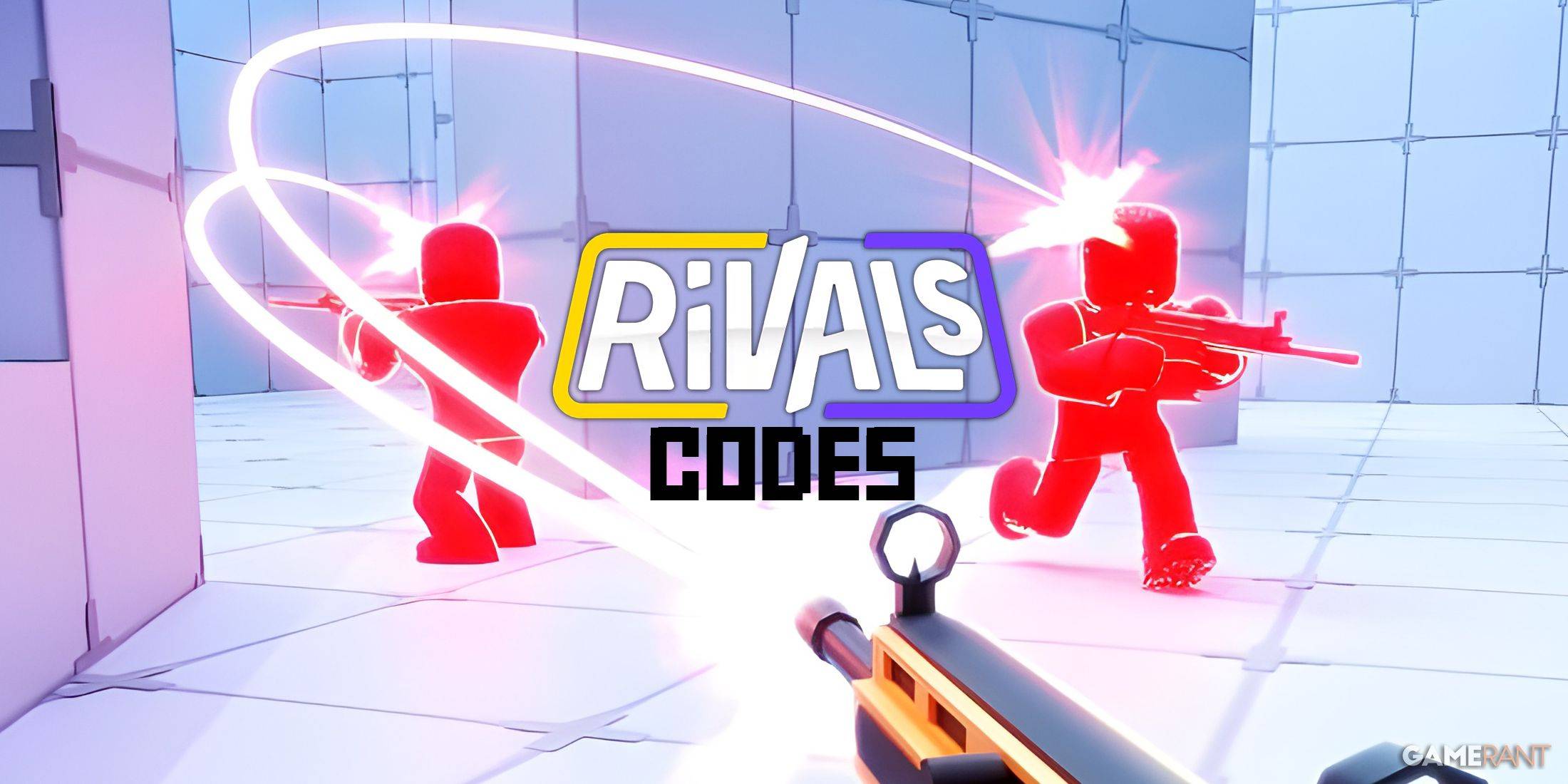
Roblox: RIVALS Codes (January 2025)
Jan 07,2025
-
8
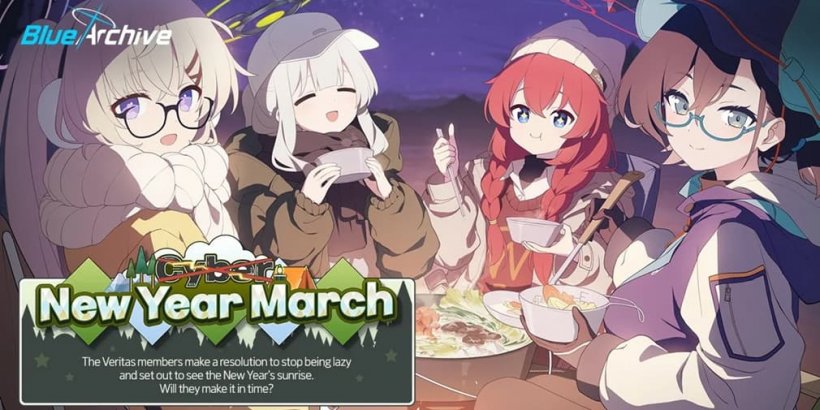
Blue Archive Unveils Cyber New Year March Event
Dec 19,2024
-
9
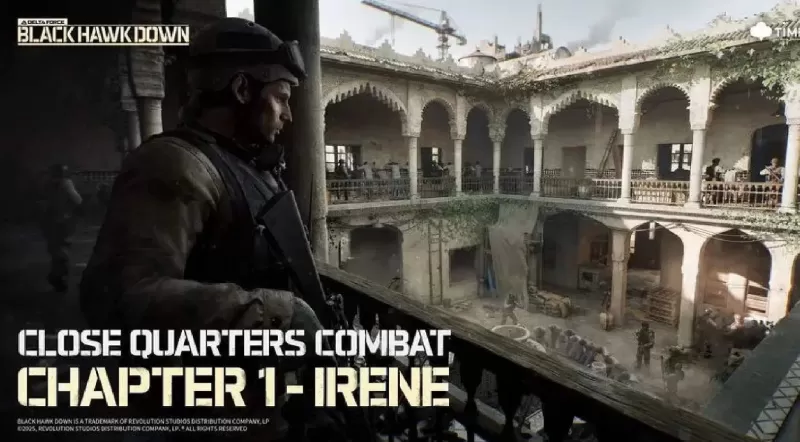
Delta Force: A Complete Guide to All Campaign Missions
Apr 09,2025
-
10
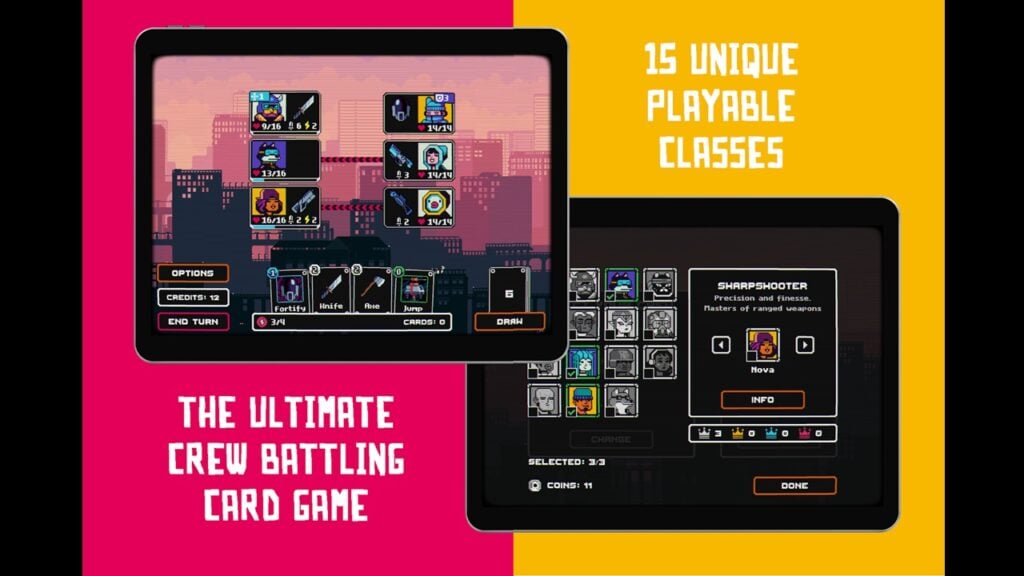
Cyber Quest: Engage in Captivating Card Battles on Android
Dec 19,2024
-
Download

A Simple Life with My Unobtrusive Sister
Casual / 392.30M
Update: Mar 27,2025
-
Download
![Corrupting the Universe [v3.0]](https://imgs.ksjha.com/uploads/66/1719514653667db61d741e9.jpg)
Corrupting the Universe [v3.0]
Casual / 486.00M
Update: Dec 17,2024
-
Download

Random fap scene
Casual / 20.10M
Update: Dec 26,2024
-
4
Ben 10 A day with Gwen
-
5
Oniga Town of the Dead
-
6
Cute Reapers in my Room Android
-
7
A Wife And Mother
-
8
Permit Deny
-
9
Utouto Suyasuya
-
10
My School Is A Harem

